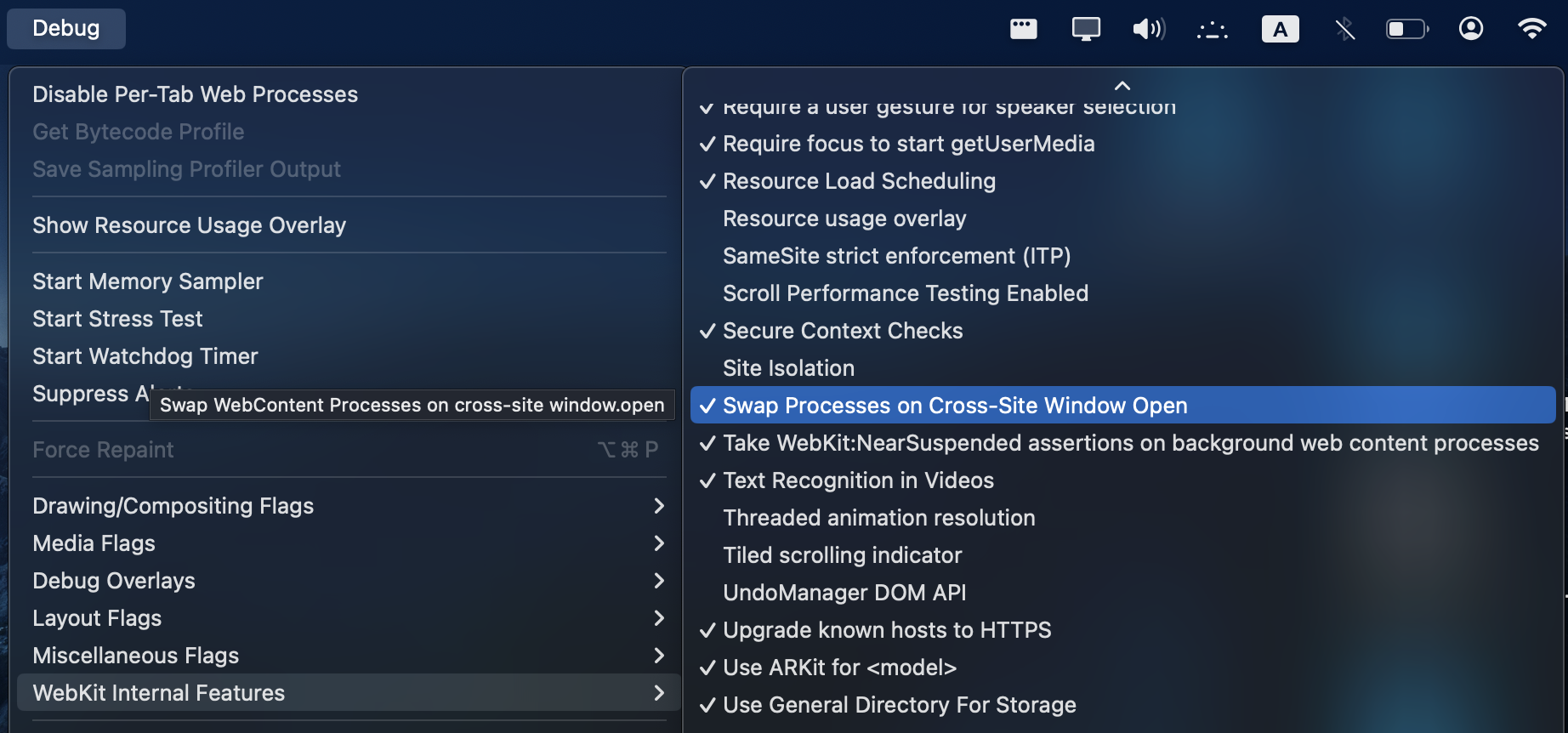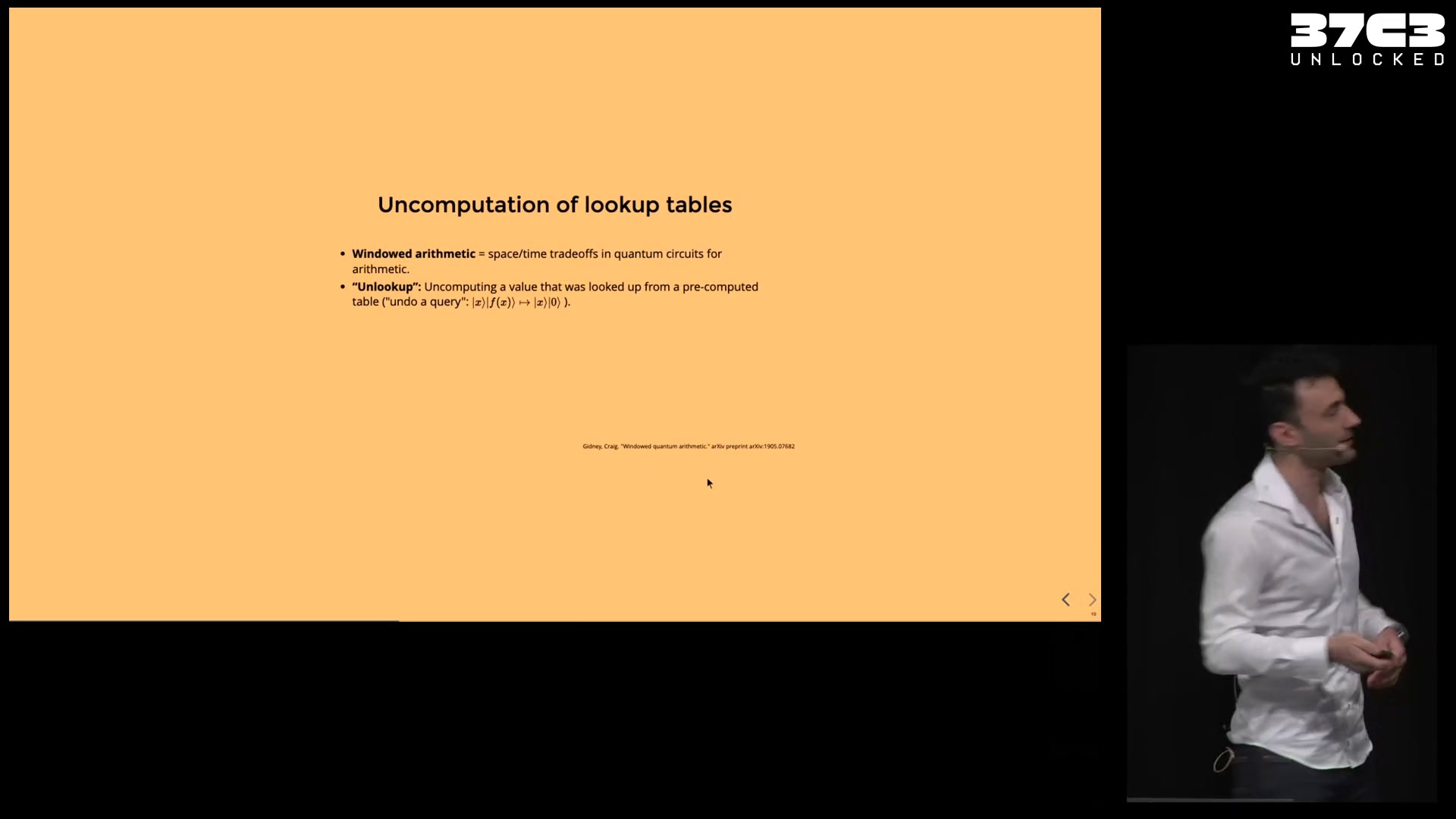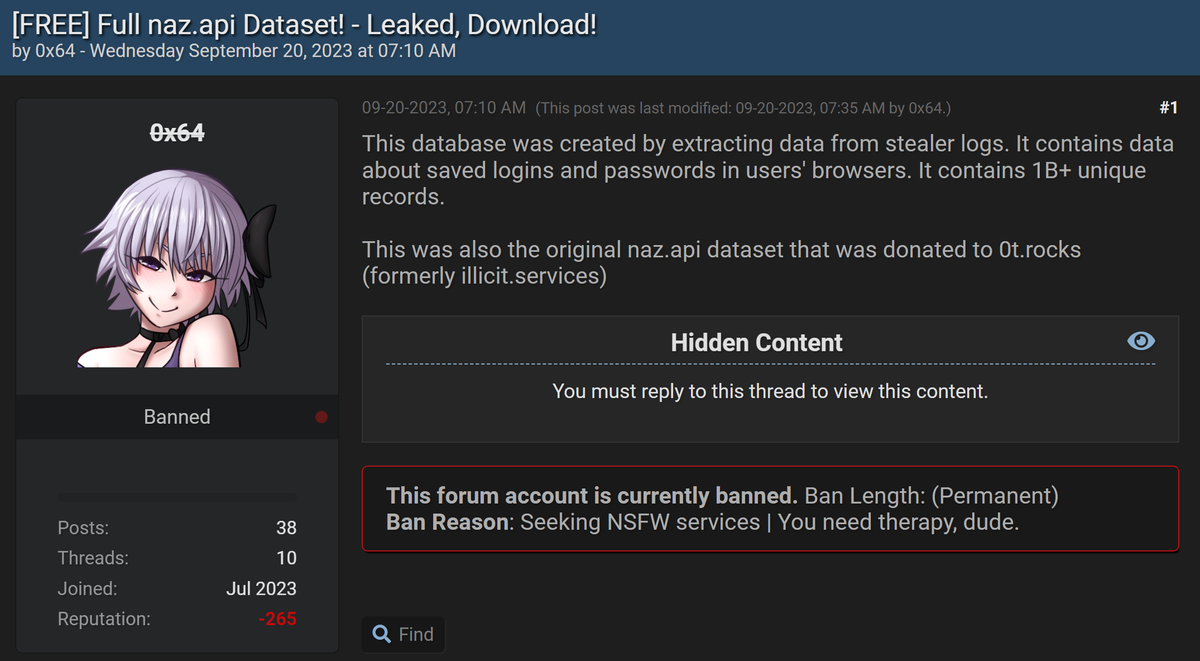- Liittynyt
- 07.07.2019
- Viestejä
- 1 628
CA pinning ei taida riittää pitäisi koko server sertifikaatti laittaa? Mutta HPKP deprecated 2018 jo eikä selaimet sitä tainnut tueta. Certificate and Public Key Pinning | OWASP Foundation
CA pinning riittää, jos on oma CA käytössä. mm. SimpleX toimii näin, lisäksi kutsuissa ja kontakteissa on aina fingerprintit mukana. -> Ei olisi mennyt läpi.
CAA ei taida riittää jos esim käyttäisikin Let's Encryptiä niin sama lopputulos.
CAA olisi estänyt uuden sertifikaatin myöntämisen LE:ltä, jos käytössä olisi ollut account pohjainen pyyntöjen validointi, mutta eipä ollut. Silloin pyynnön voi tehdä vain sama taho kuin aikaisemminkin.


















/img-s3.ilcdn.fi/3f76399765a84666c4f71487a7e9d7912b0ca297b5f03e8524bd67f2f82f9e93.jpeg)

